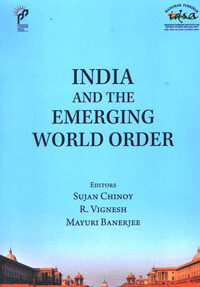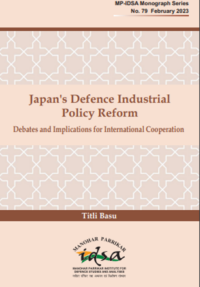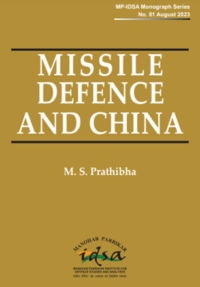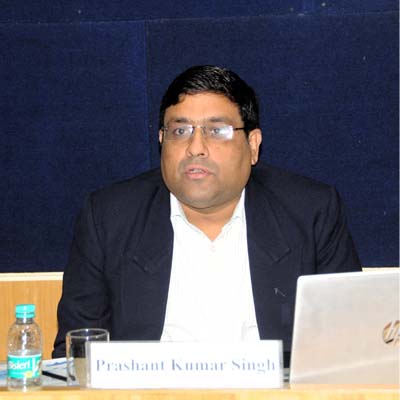The Uyghur Question in Contemporary China
This article examines the policies the Chinese state has taken towards the Uyghur Muslim community in Xinjiang since the Cultural Revolution and tries to analyse to what extent have these changed with time. The article argues that the Uyghur community has been seen as a threat to the stability of the state, which is why harsh measures have been directed towards this ethnic group. The party has tried to maintain control over these groups by force by attempting to confine all forms of religious activity and by suppressing any independent body.
- Kunal Mukherjee
- May 2010













